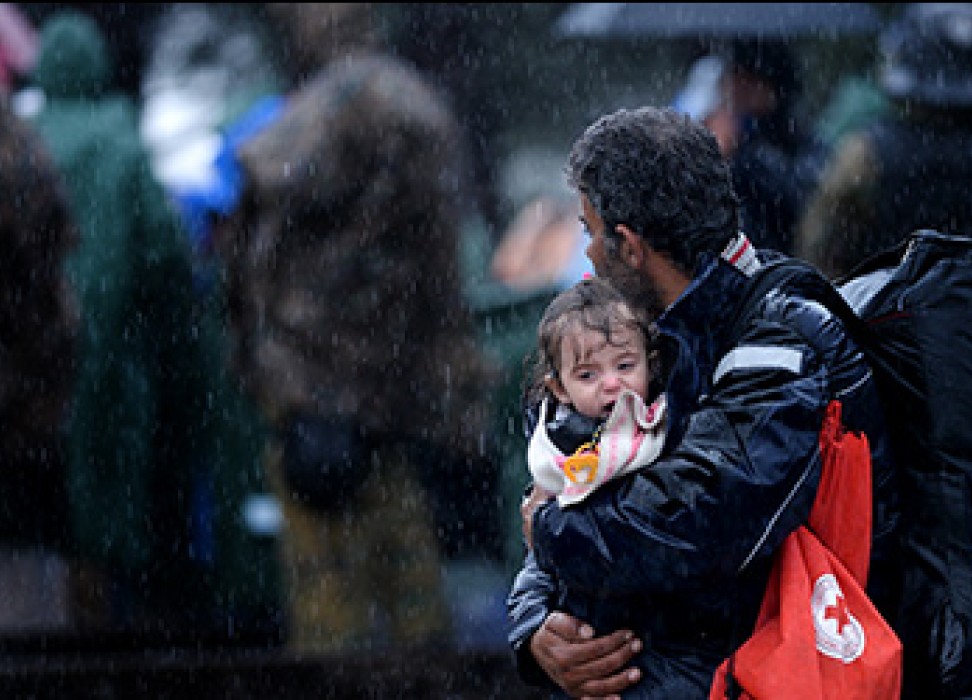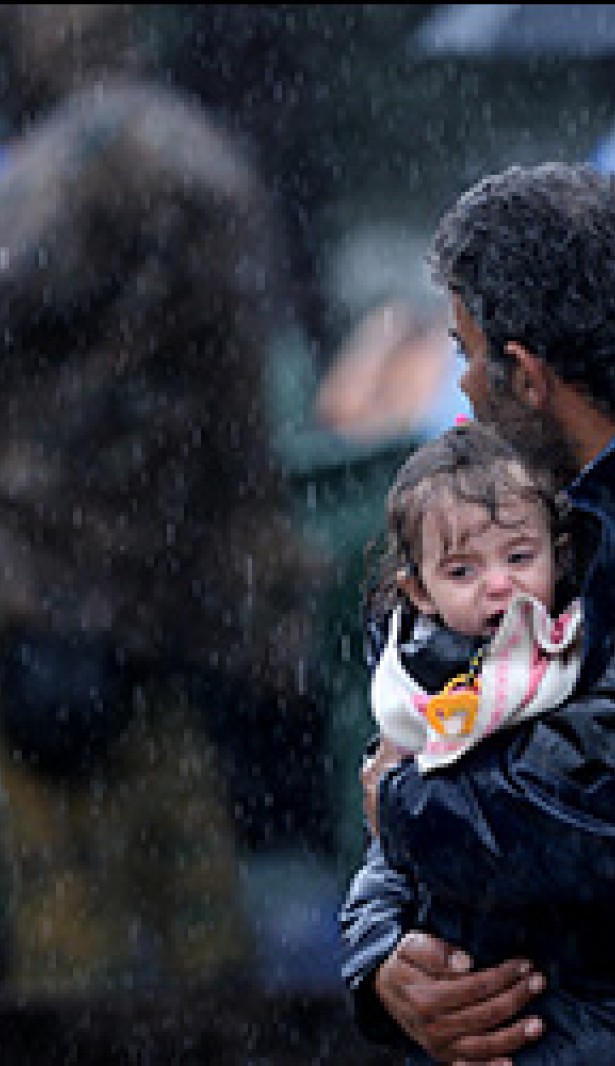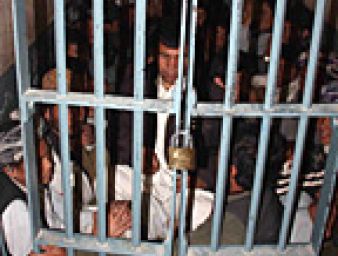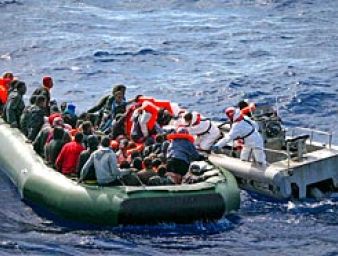Migrants voices: We are not criminals
18 December 2015

Migrants want to be believed and not treated as criminals, a UN Panel to mark the International Day of Migrants has heard.
“I hope there is an amnesty for the illegal migrants, just because for me I am not a criminal – I am just working hard, just to fight for the good future of my children and my parents, because in the Philippines it is very hard to get a good job,” said Eladet Arcade, a former irregular migrant domestic worker.
Arcade,36, has recently achieved regular migrant status, an action she said, that has allowed her to receive treatment for recently diagnosed breast cancer.
She was speaking at a panel discussion at the UN in Geneva, held against the backdrop of International Migrants Day. The event, “Promoting tolerance, dispelling myths, protecting rights,” sought to highlight the facts around migration and to hear from migrants, asylum seekers and refugees about their experiences.
UN Human Rights Migration Advisor Pia Oberoi, said there is a need for respect of all migrants’ human rights.
“We would like to use this opportunity to look both at the evidence as well as call for greater political leadership to protect the human rights of all migrants,” she said.
The event also heard some of the reasons and challenges migrants face when leaving their home countries for sometimes unknown destinations.
Mohammad Jadallah, a former political activist in Sudan, said it was difficult to make the decision to leave everything behind.
“It’s not easy to leave your country, to leave your family, to leave your social connection, to leave your neighbourhood, your hobbies. . . to leave your language, to [learn to] speak another language, [and] to live with other people in another culture.”
UN High Commissioner for Human Rights Zeid Ra’ad Al Hussein said research by the Organization for Economic Coo-operation and Development (OECD) showed migrants ad more to the public purse through taxes and social contributions than they take out in benefits. He called for greater tolerance, cautioning against the use of demeaning and dehumanising language to describe migrants.
“The words we use in the conversation about migration are key because they feed the myths and stock the idea that migrants damage or in some way diminish their host society,” he said.
18 December 2015



